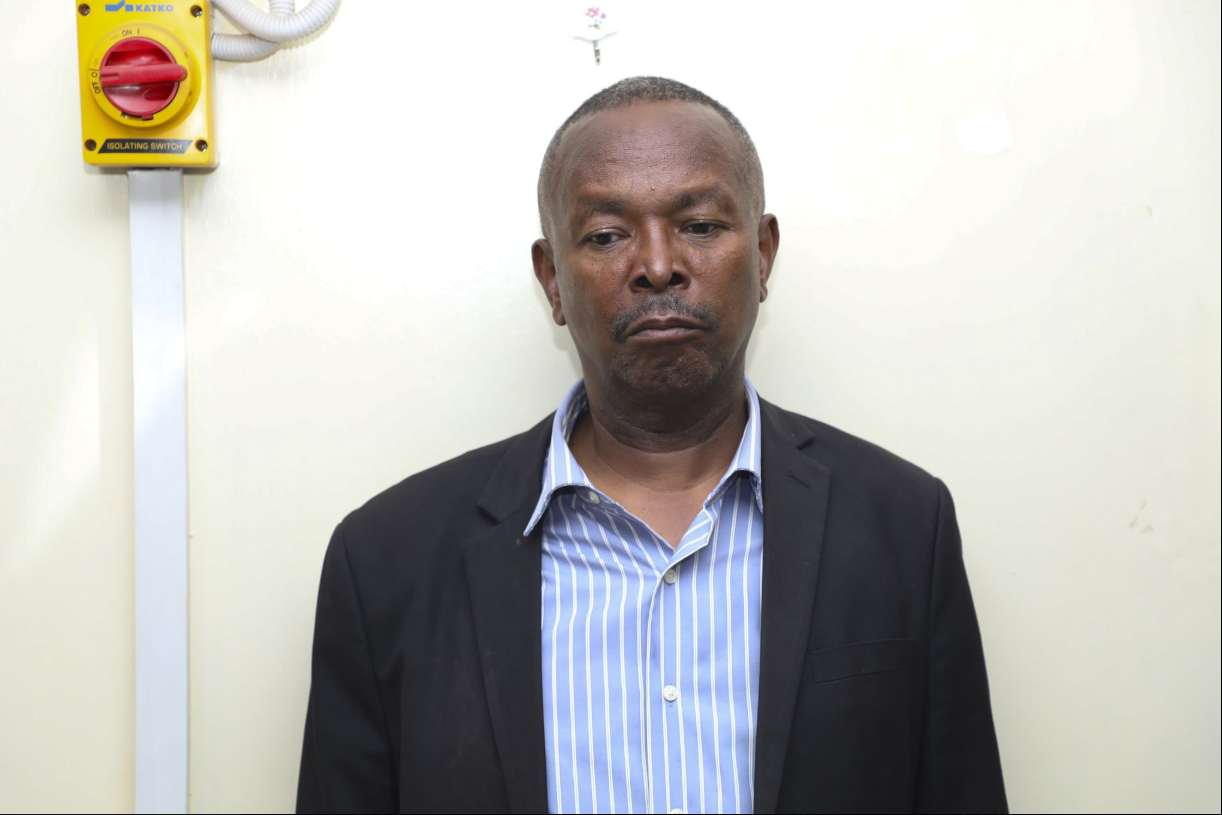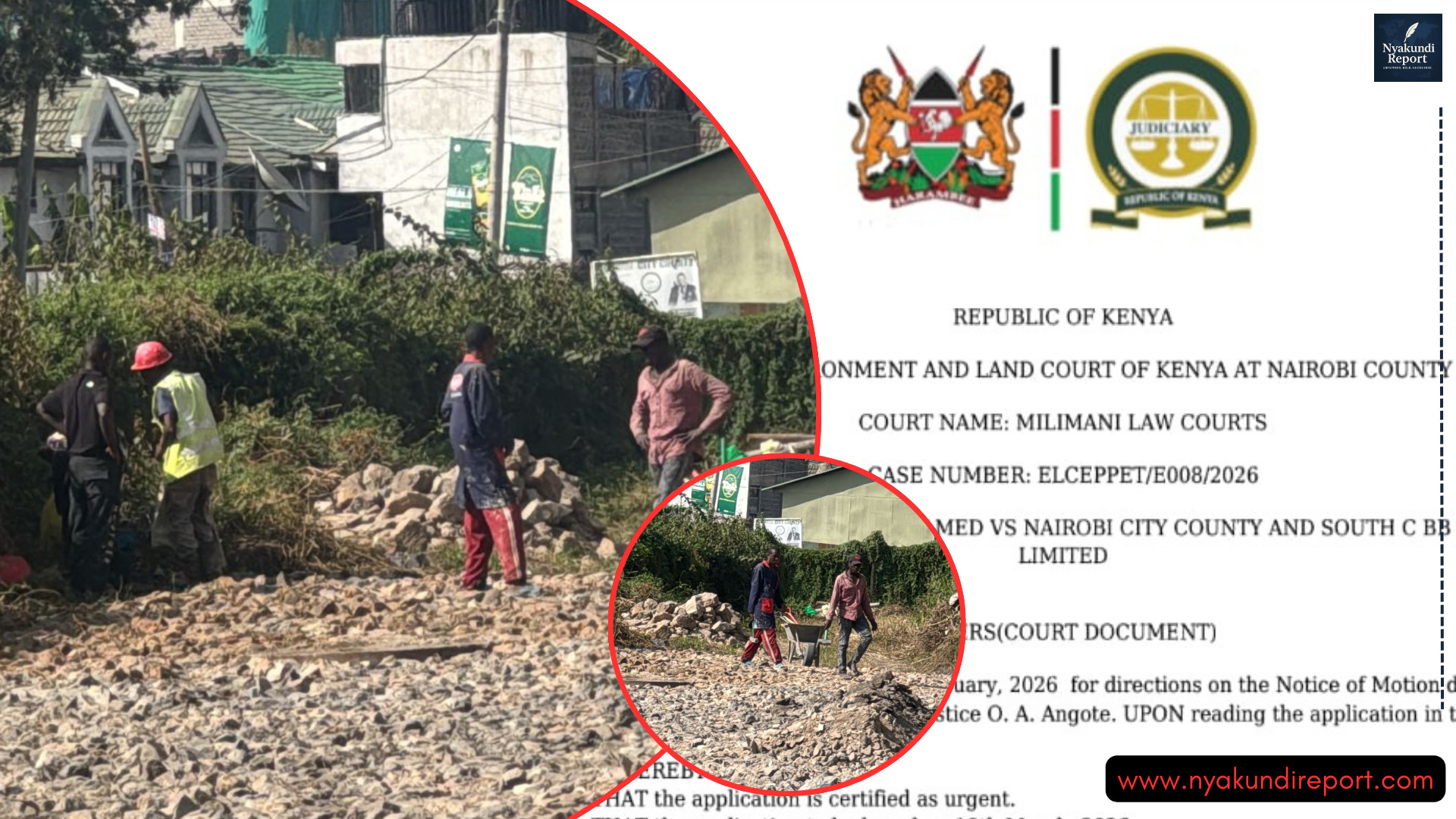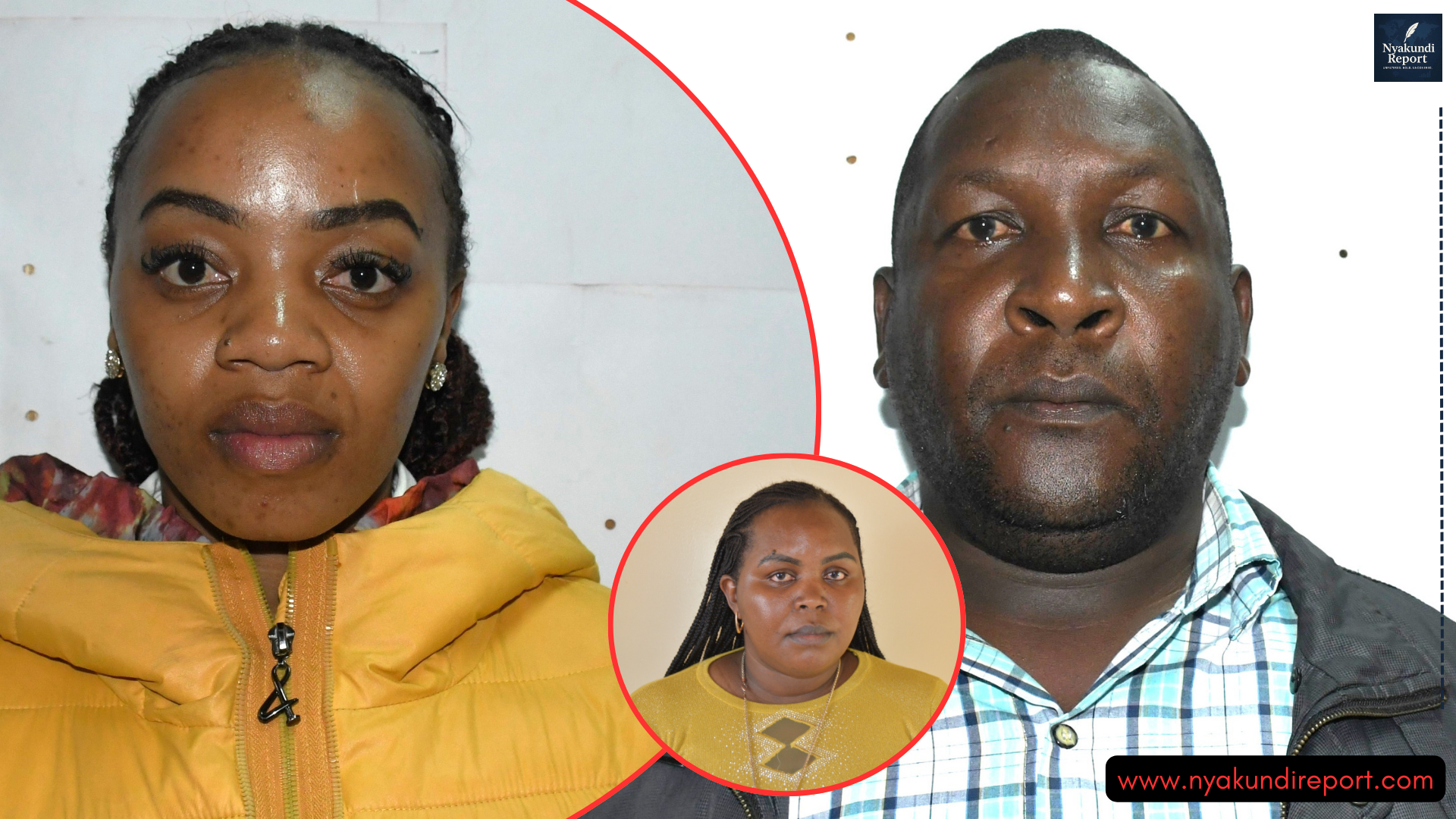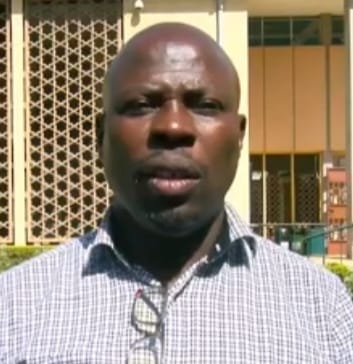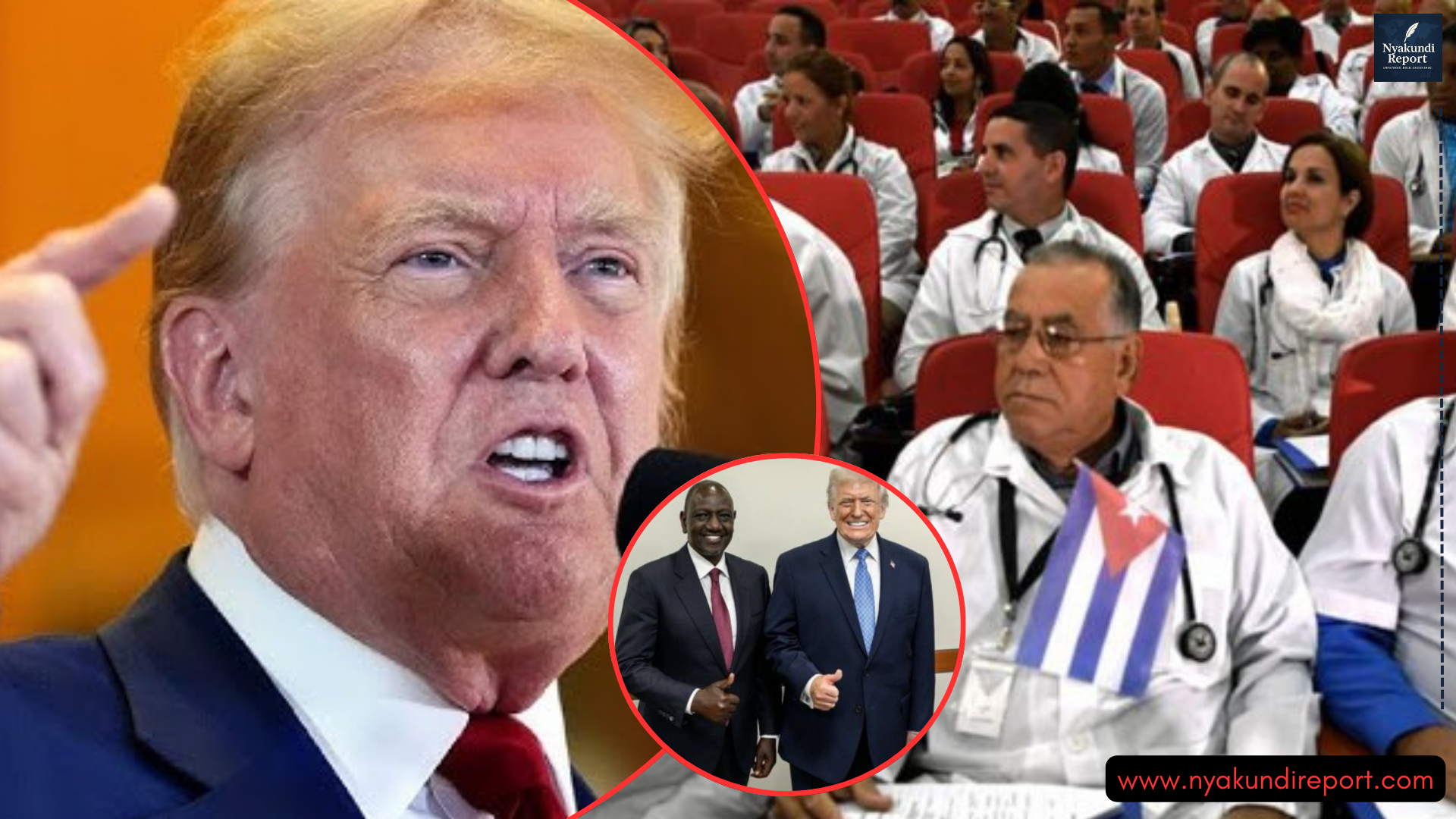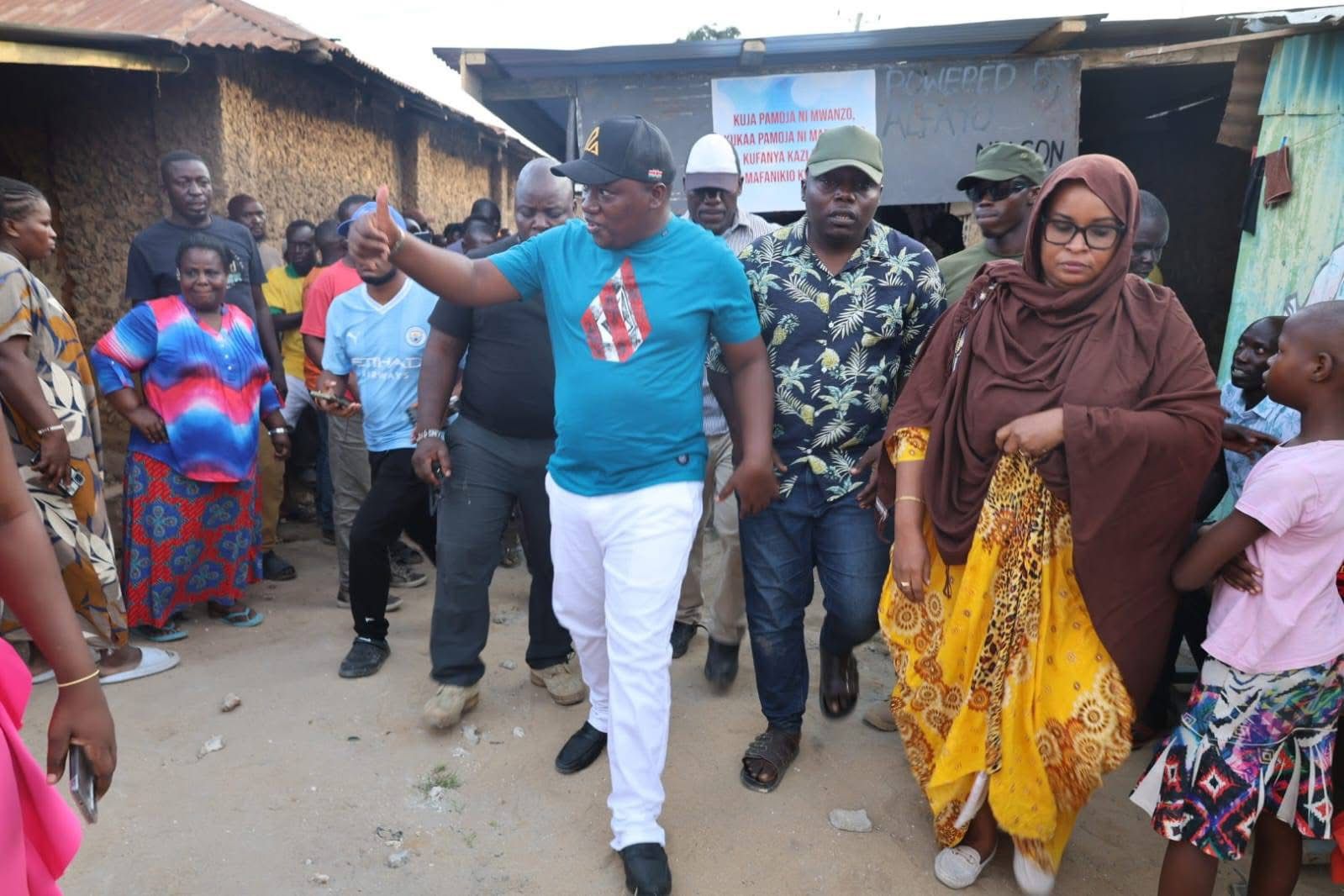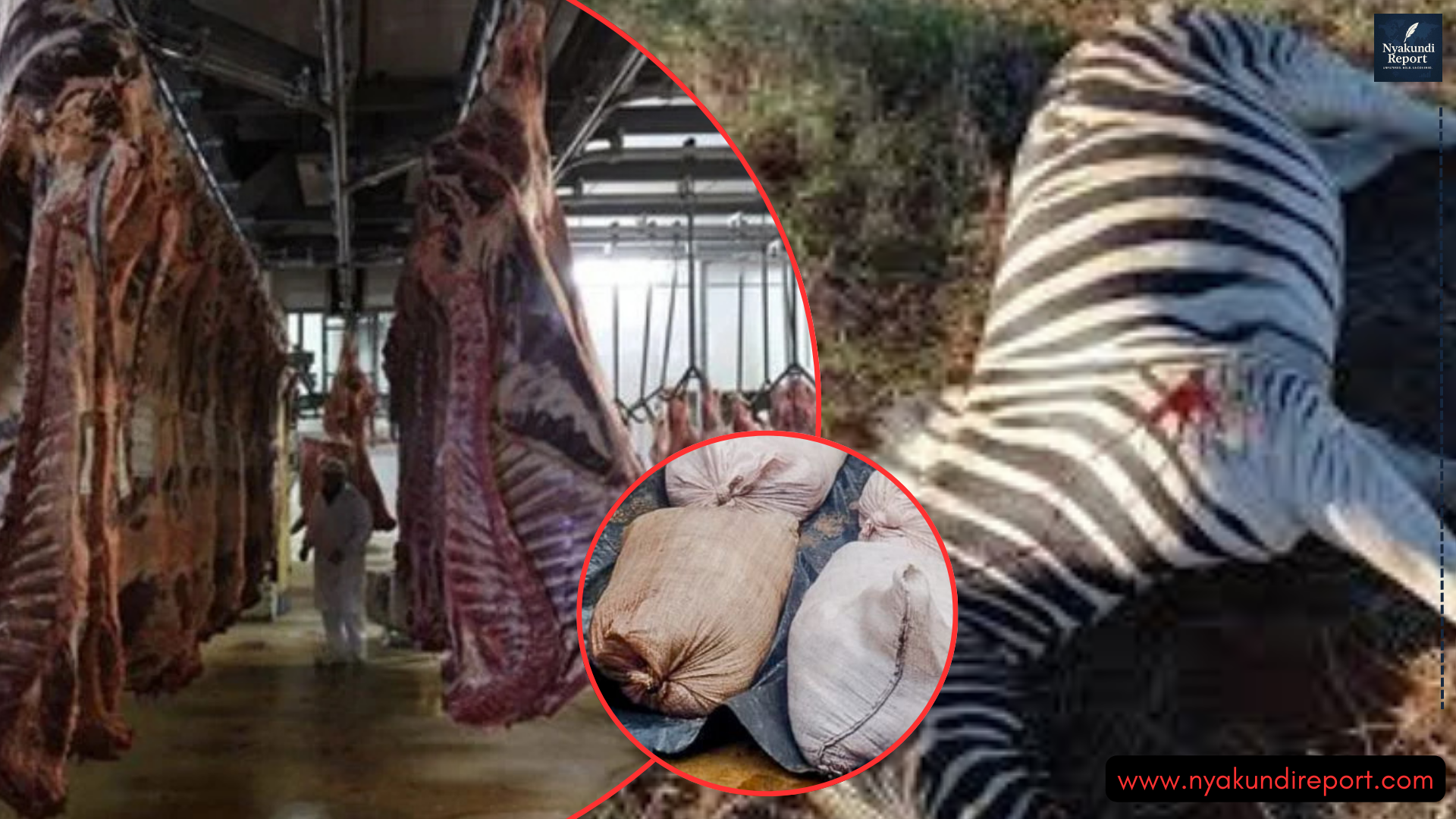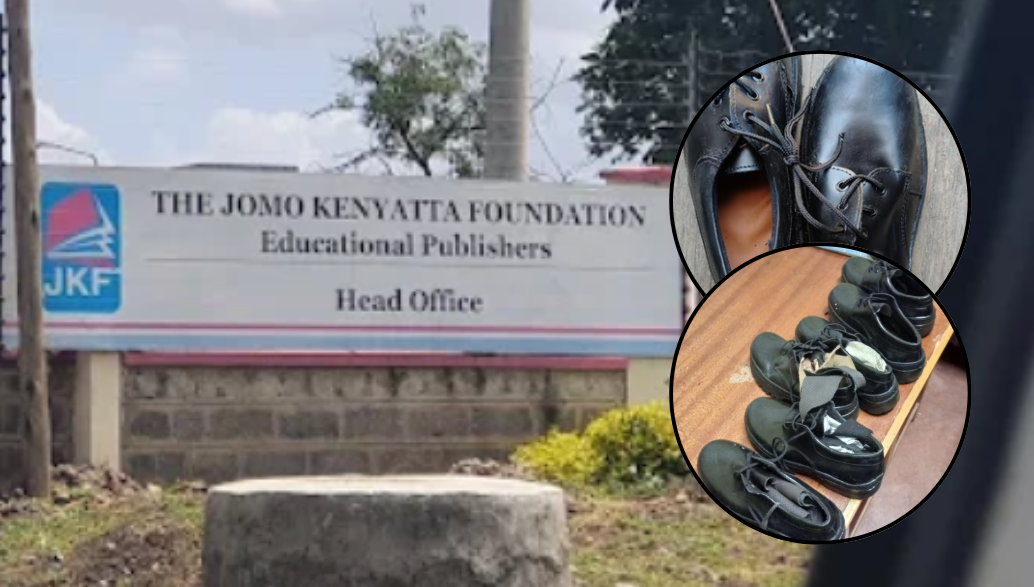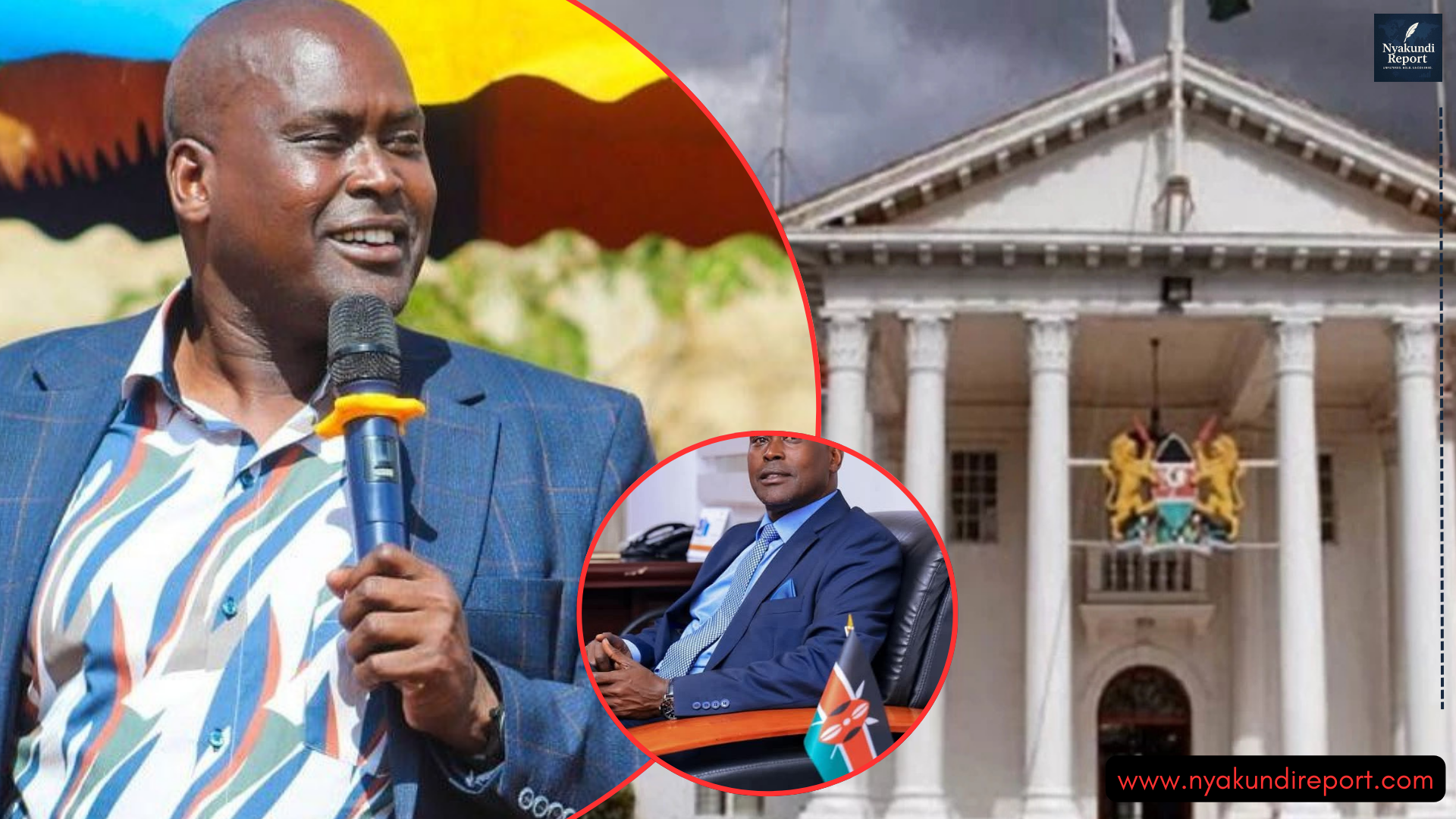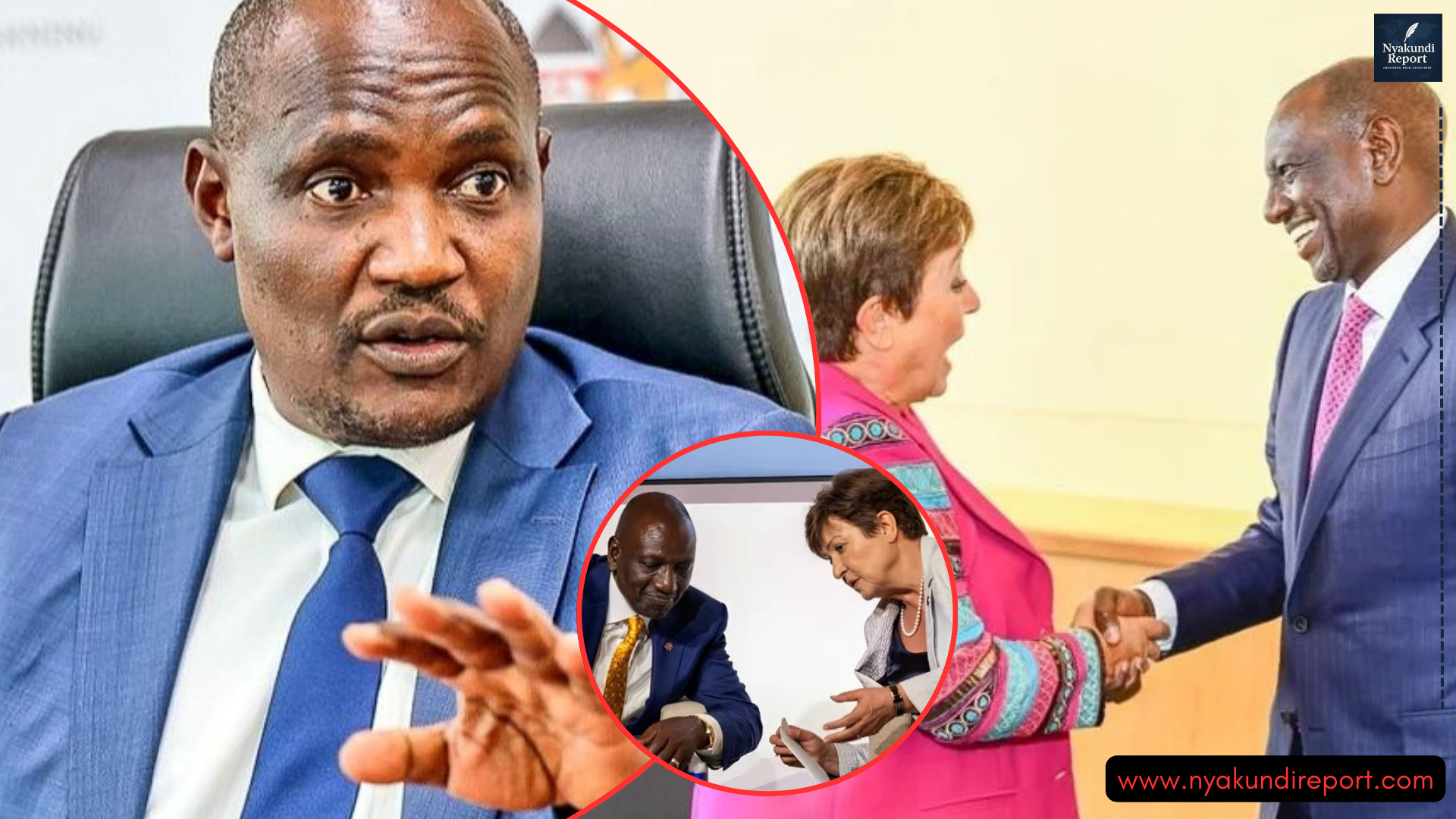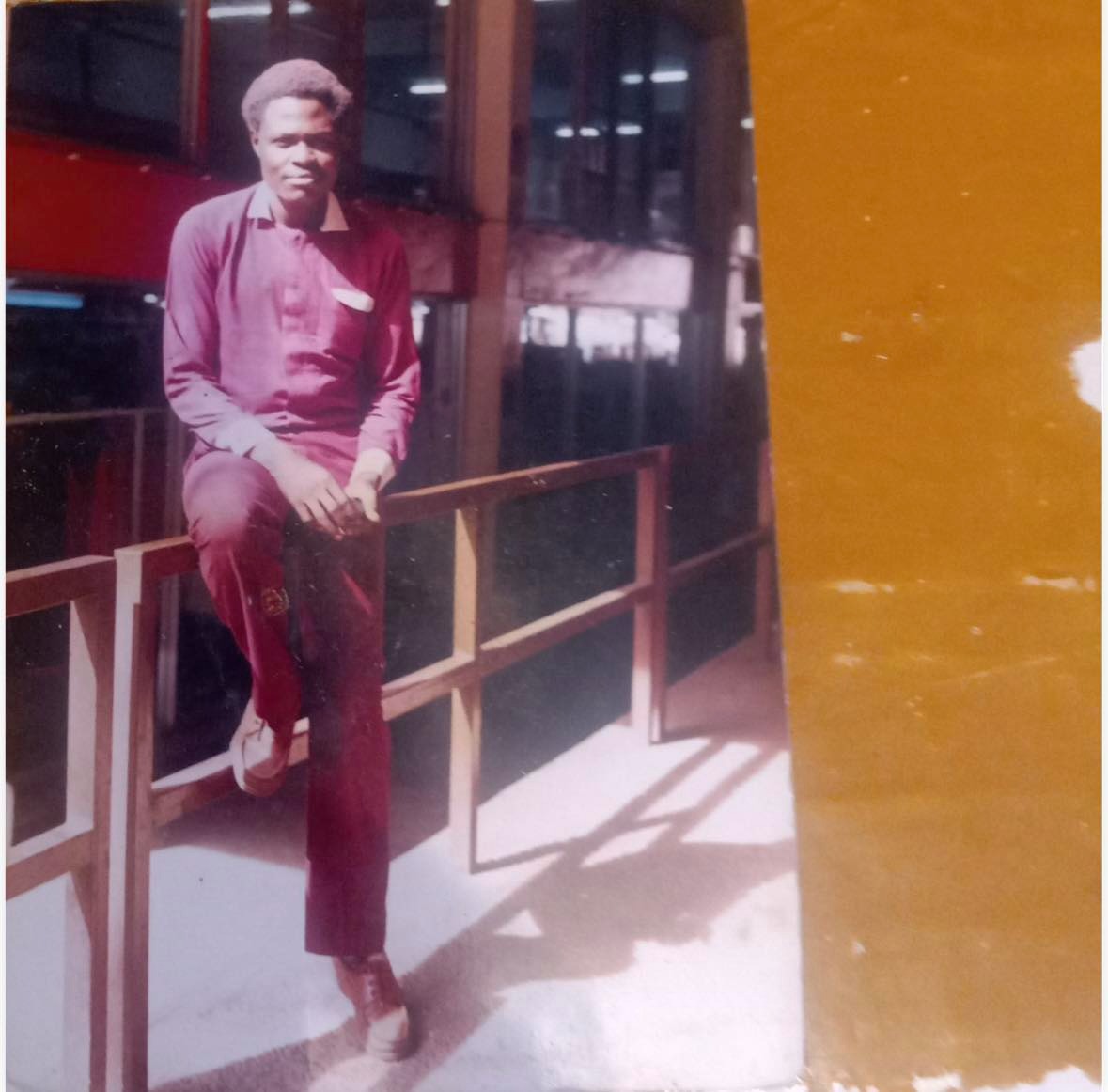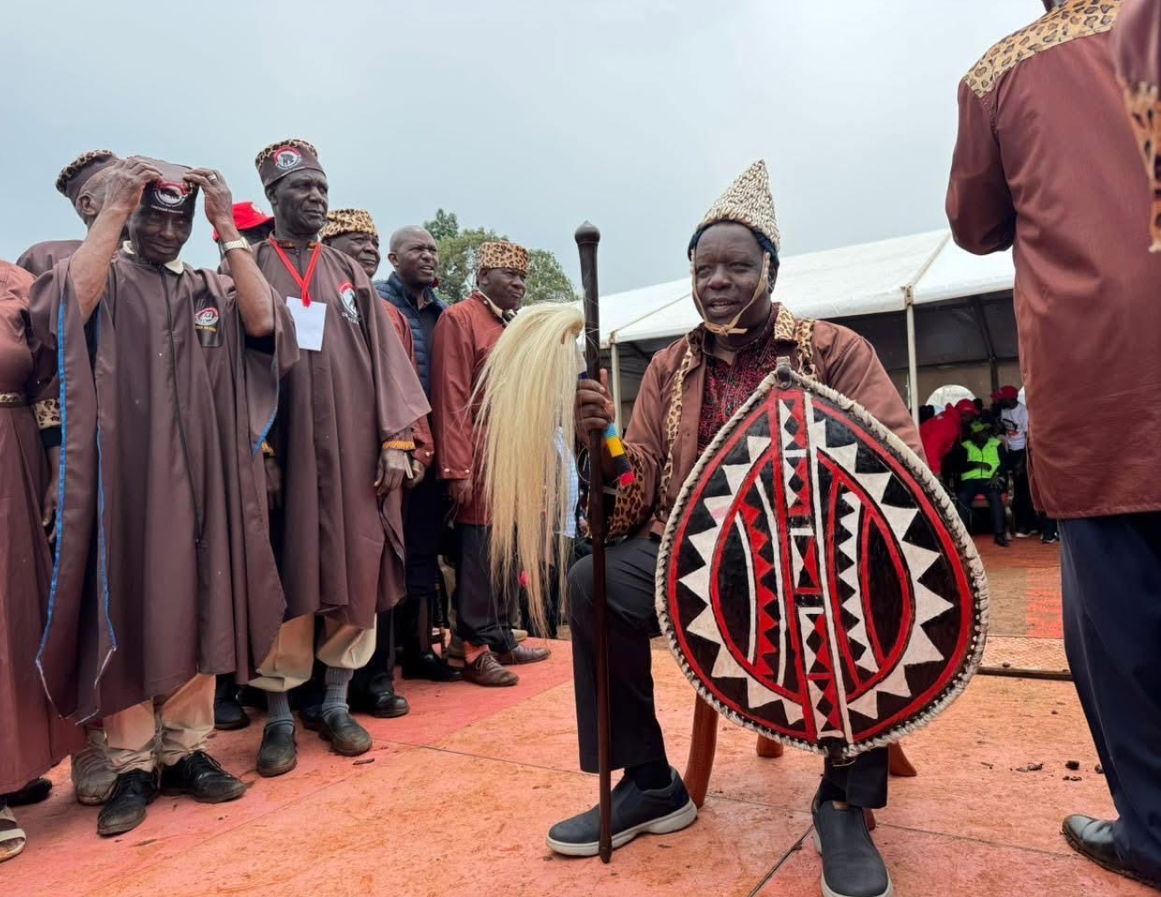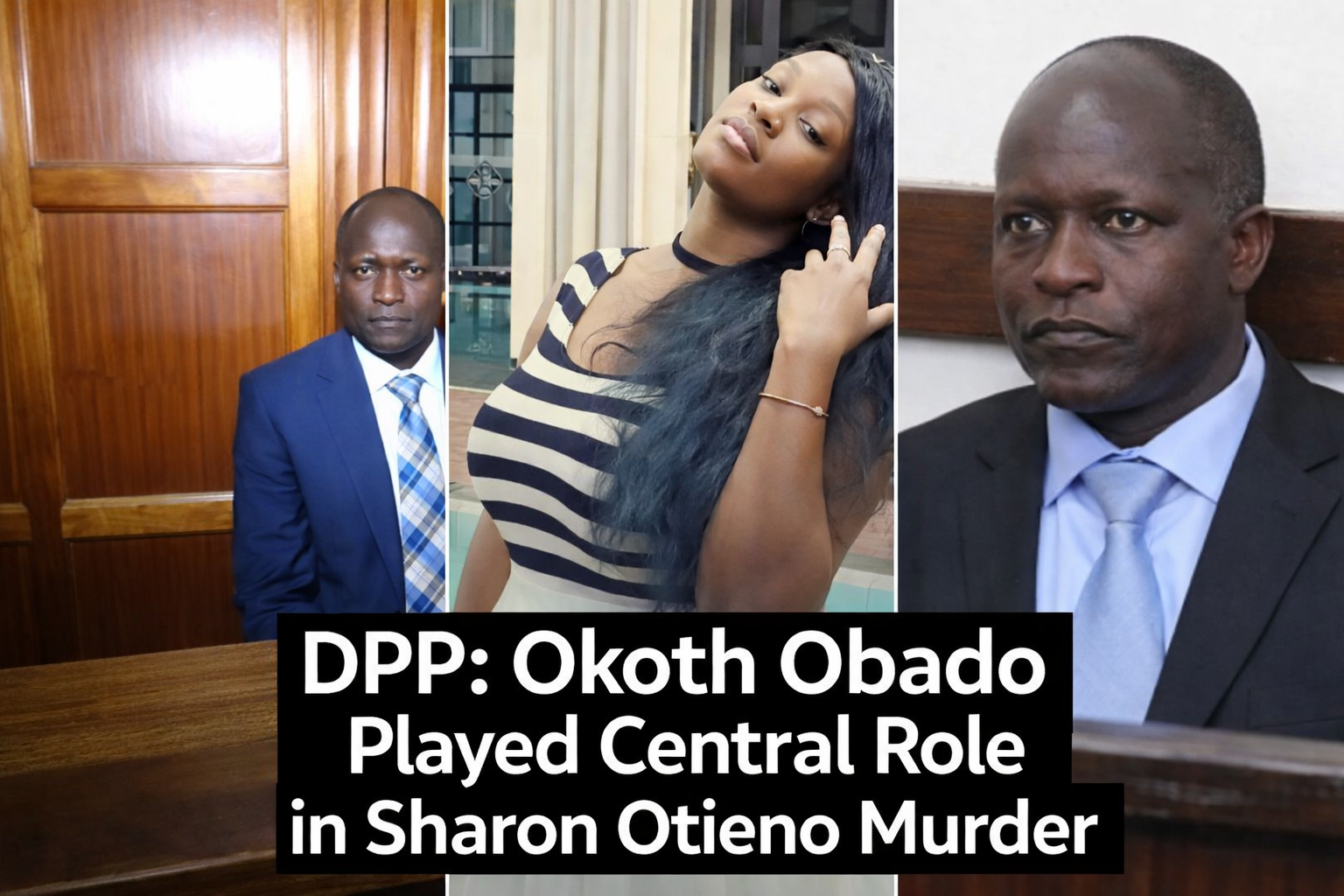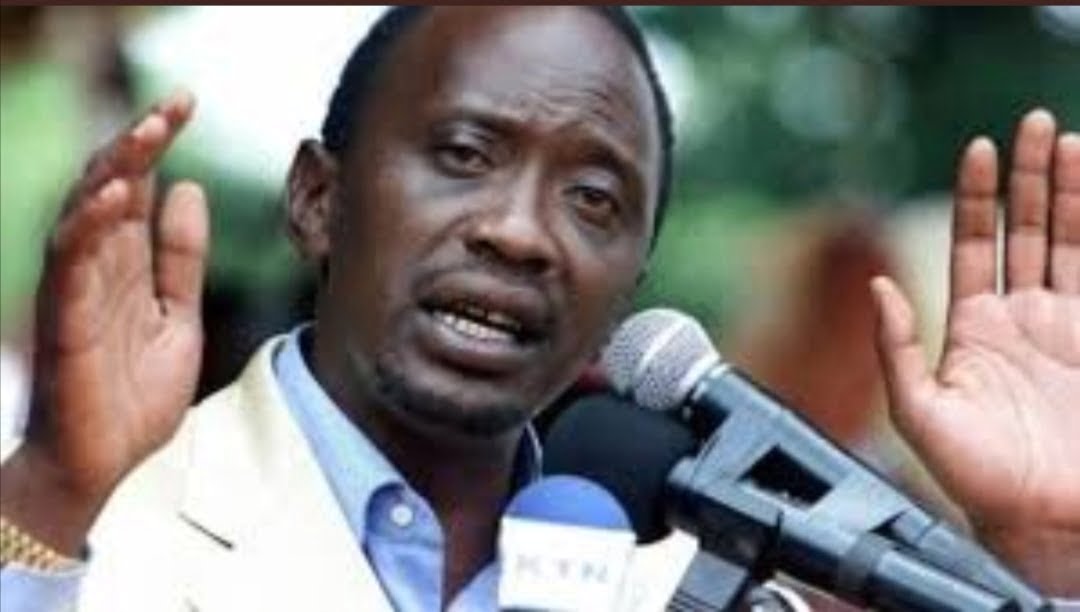Embakasi East Member of Parliament Babu Owino has come out strongly to defend himself against claims that he mismanaged a bursary fund worth Ksh77 million.
The allegations, which surfaced in a viral social media poster, accuse the lawmaker of issuing cheques that later bounced, approving bursary forms without admission numbers, and failing to set up a vetting committee.
They also claim that the Auditor General, Nancy Gathungu, never received acknowledgment receipts for bursary disbursements.
Owino has dismissed these accusations as politically motivated lies intended to soil his name ahead of the 2027 elections.
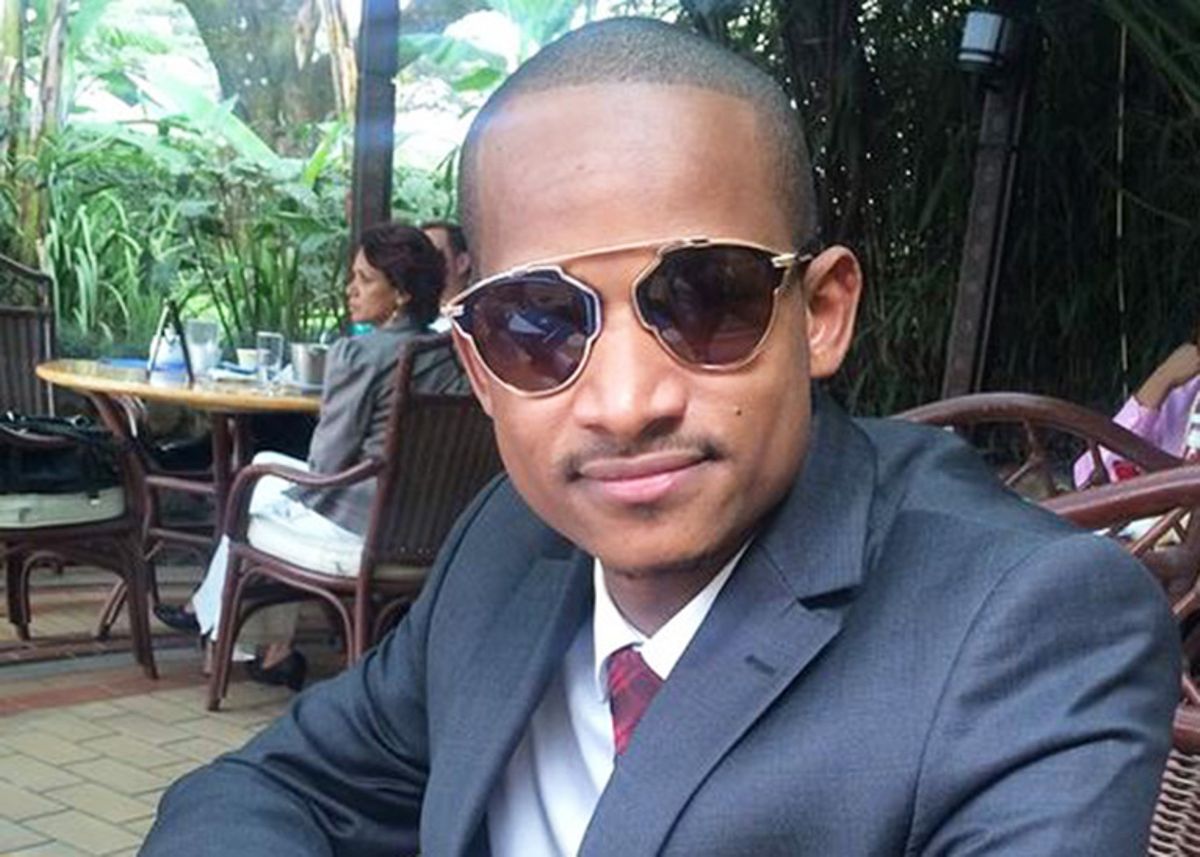
Babu Owino Responds to Embezzlement of Ksh77 Million CDF Kitty Accusations
In a public statement issued on Friday, July 4, Babu Owino labeled the viral poster as fake news meant to mislead the public and incite mistrust in his leadership.
“More fake news from desperate and unworthy opponents,” Owino said, firmly rejecting the claims.
He insisted that the Auditor General had cleared Embakasi East for its use of the Constituency Development Fund (CDF). To back his defense, he shared a report from the Auditor General, Nancy Gathungu, which confirmed that his constituency accounted for Ksh52.5 million in bursary disbursements—not the Ksh77 million being alleged.
This official audit, he argued, proved his opponents were exaggerating figures to discredit his record.
The report showed that out of the Ksh52.5 million disbursed, Ksh41.4 million went to secondary schools, and Ksh8.05 million went to tertiary institutions. The rest was allocated to other educational grants and transfers, all of which were reportedly accounted for.
Auditor General Confirms One Flaw but Clears Major Misuse Claims
While Gathungu’s audit largely supported Owino’s account, it did confirm one area of concern: the absence of a bursary vetting committee.
“Management did not constitute the sub-committee known as the Education Bursary, Mock Examinations and Continuous Assessment Tests Committee in contravention of Regulation 21(3) of the National Government Constituencies Development Fund Regulations, 2016,” read part of her report.
This regulatory oversight could raise questions about how students were selected to benefit from the bursary program.
The law is clear that every constituency must establish a sub-committee responsible for vetting bursary applicants and managing educational assistance. Without this structure in place, the fairness of bursary distribution may come under scrutiny, even if the funds were not outright stolen or lost.
Still, the Auditor General’s conclusion noted that no other major red flags were found in the audit process. Her statement read:
“Except for the matter described… I confirm that nothing else has come to my attention to cause me to believe that public resources have not been applied lawfully and effectively.”
Politics Behind the Allegations
Babu Owino believes the timing and tone of the allegations are not accidental. He says the smear campaign is a calculated political strategy ahead of the 2027 General Elections, where he is expected to seek a higher position—possibly Nairobi’s gubernatorial seat.
“Every election season, people try to bring you down. But lies can’t bury the truth,” Owino remarked in one of his public addresses.
Owino, known for his fiery defense and streetwise political survival tactics, has had his fair share of controversies. But in this instance, he appears to be relying on audited government reports to shut down the claims.
Political analysts note that public trust in the management of bursaries is crucial in urban constituencies like Embakasi East, where many families rely on such funds to educate their children. Any allegation of misuse—real or fake—can sway voters.
So far, the lawmaker has not indicated whether he will pursue legal action against those behind the viral post. However, he maintains that such fabrications should not go unpunished.
With the Auditor General’s report mostly on his side, Babu Owino seems confident that truth will prevail. Still, the confirmed absence of a bursary vetting committee leaves a small window open for criticism. Whether that flaw grows into a political liability or remains a minor blemish depends on how his rivals use it in the coming months.

